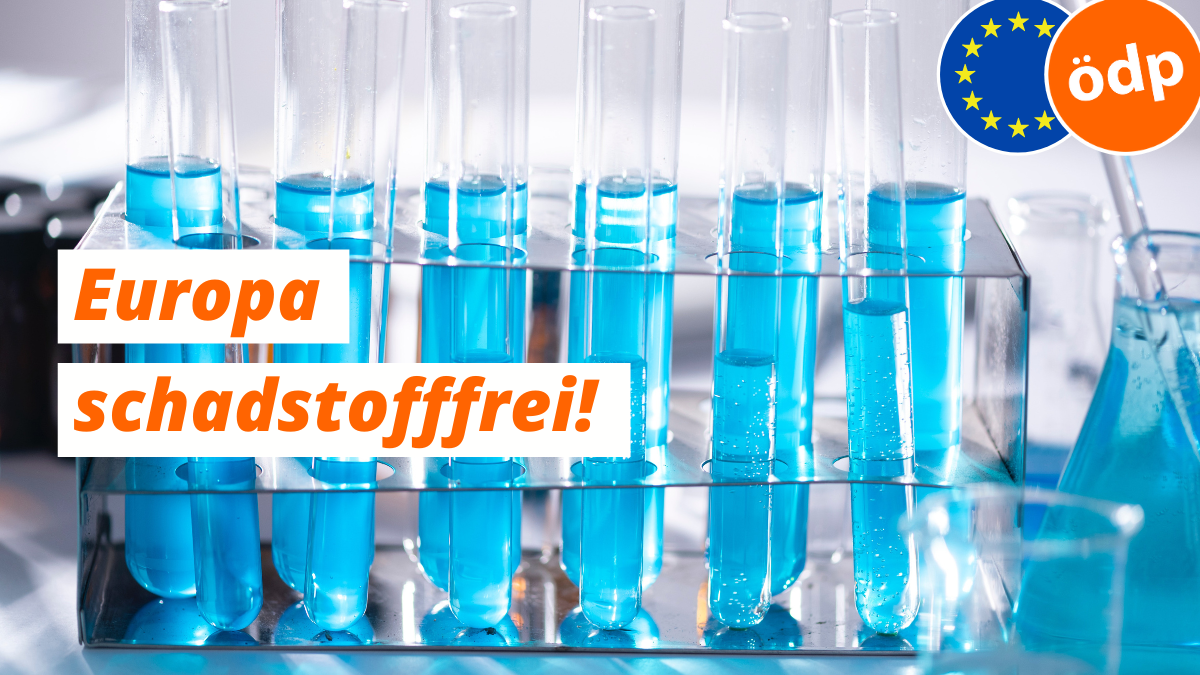
21 Oct. The strategy for a pollution-free Europe! (GER)
The path to a pollution-free Europe!
The European Green Deal has already announced a pollutant-free Europe. Now the Commission has presented its chemicals strategy for sustainability:  Chemicals are widely used in our everyday lives and play an important role in our health, well-being and high standard of living. At the same time, however, chemicals can also contribute to considerable damage to the environment and health.
Chemicals are widely used in our everyday lives and play an important role in our health, well-being and high standard of living. At the same time, however, chemicals can also contribute to considerable damage to the environment and health.
As the global production of chemicals is set to double by 2030 and their use in consumer products will also continue to increase, the chemicals strategy adopted by the Commission today as part of the Green Deal is of key importance. It is the first and right step towards a pollutant-free future and has initiated the European chemical turnaround: Products in our everyday lives should only contain chemicals that are absolutely necessary for the common good.
To this day, it is alarming how often harmful chemicals can be found in everyday products such as detergents, cosmetics, food packaging and even toys and baby products. Hormone toxins in particular, known as endocrine disruptors, are suspected of being carcinogenic and causing infertility. Scientific studies also suggest that hormone toxins cause chalky teeth in children.
Pollutants such as these hormone toxins or non-degradable chemicals such as perfluoroalkyl and polyfluoroalkyl substances (PFCs) are to be gradually eliminated from our everyday lives from next year.
"In view of the devastating ecological and health damage caused by the use of such substances, a ban is long overdue. At the same time, it must not be overlooked that safe and sustainable substitutes must be found," emphasizes Manuela Ripa, Member of the European Parliament for the ÖDP.
"The Commission is responsible for ensuring that PFC-based substitutes in particular are correctly evaluated and that problematic substances are identified at an early stage. I have already asked the Commission about this."
The Chemicals Strategy for Sustainability finally recognizes the urgent health and environmental threats in the use of chemicals and sets out concrete measures on how chemicals can be used in an inherently safe and sustainable way. The bans on harmful substances are also accompanied by innovation and investment measures to accompany and support change in the industry.
"We can only hope that the European Council and backward-looking MEPs will not block this initiative and finally make a pollutant-free future for the EU possible," Manuela Ripa concludes.

